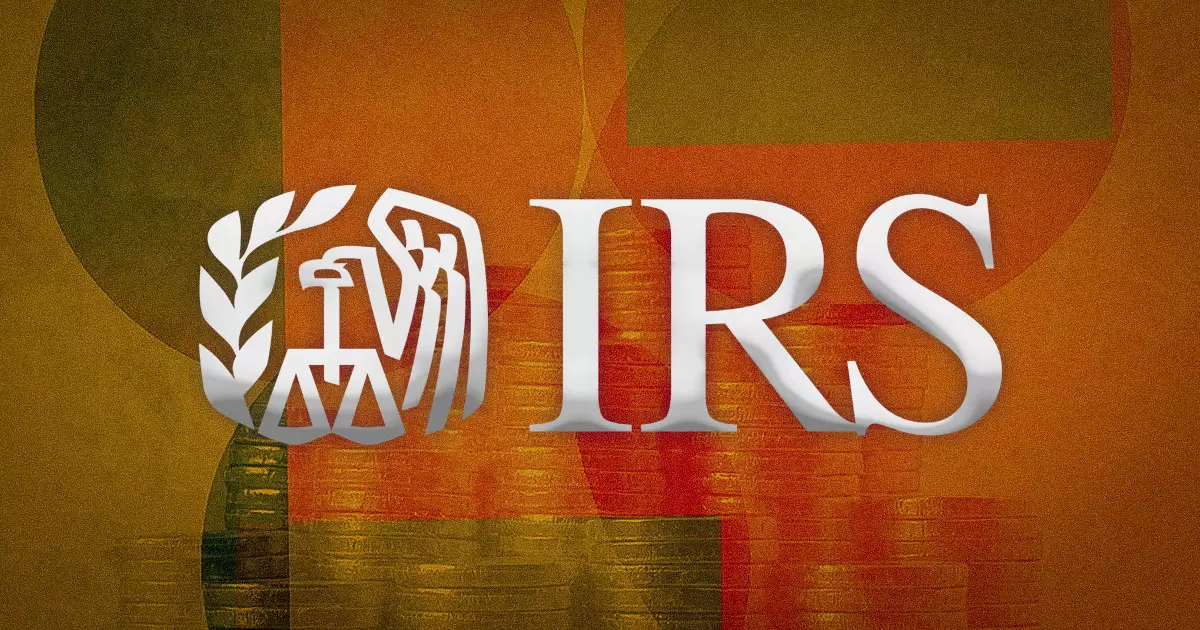Guy Ficco, the chief of criminal investigations at the IRS, recently highlighted a concerning trend in the world of taxation. According to Ficco, taxpayers are increasingly engaging in tax crimes related to cryptocurrency. These crimes, known as “pure crypto tax crimes,” involve violations of Title 26 of the US Code, which deals with federal income tax violations. Pure tax crimes in the context of cryptocurrency include failing to report income from crypto sales and concealing one’s actual basis in cryptocurrency.
Ficco noted that the issue of pure crypto tax crimes is likely to persist in the future. He mentioned an “uptick” in tax-reporting crimes and predicted that the IRS will bring forward more charges in the upcoming year and beyond. Previously, IRS investigations into cryptocurrency primarily focused on broader crimes such as scams and embezzlement. However, Ficco emphasized that crypto is becoming increasingly pervasive and may play a larger role in a variety of crimes, including phone scams, romance scams, and pig butchering.
The IRS recently issued a reminder to individuals regarding their tax obligations related to cryptocurrency. Individuals must report taxes if they have sold crypto, received crypto as payment, or engaged in other crypto transactions. While tax reporting rules for crypto investors have been in place since at least 2014, reports indicate that compliance remains an issue. A report from Divly in 2023 revealed that only 1.62% of US investors paid taxes on cryptocurrency as required, slightly higher than the global average of 0.53%.
In an effort to address the rise in crypto tax crimes, the IRS has ramped up its enforcement efforts. The agency recently hired two experts dedicated to focusing on cryptocurrency matters, signaling a heightened focus on compliance. Tax professionals are bracing themselves for what CNBC has described as a “tidal wave” of scrutiny. Ficco’s predecessor, Jim Lee, also emphasized the increased emphasis on tax issues within the realm of cryptocurrency. He revealed that half of the active crypto investigations in 2023 involved tax-related matters.
The IRS is intensifying its efforts to combat tax crimes in the realm of cryptocurrency. As the use of digital assets continues to grow, ensuring compliance with tax regulations will be crucial to maintaining the integrity of the financial system. Taxpayers must be diligent in reporting their crypto transactions to avoid facing potential penalties and legal consequences.


Leave a Reply